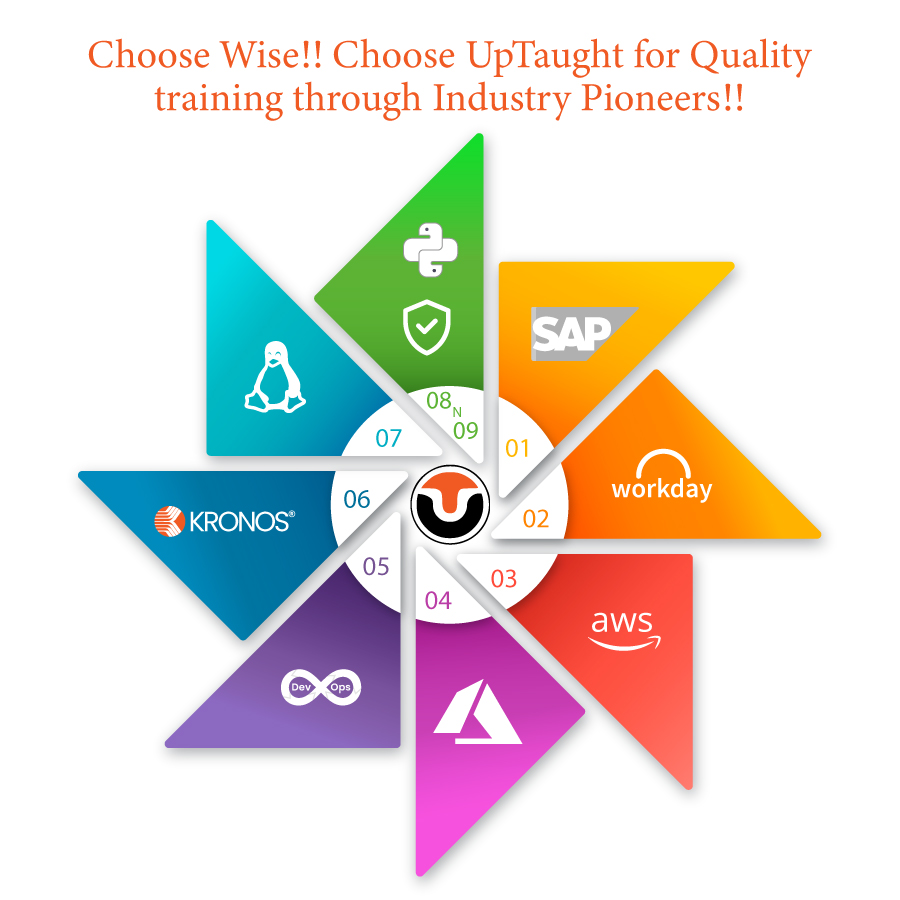SAP ECC Modules offer a variety of transactions that enable businesses to manage important business functions tailored to their individual requirements.
Modules for SAP ECC:
The functionality of these modules is also customized for the public sector, oil and gas, transportation, and other industries. Within ECC, there are numerous modules available; among the most prominent are the following:
Financial Accounting (FI):
Financial Accounting is a functional module that maintains the majority of an organization’s common financial reports, both internally and publicly. It allows you to manage several firms, each with its own chart of accounts, currencies, and languages, for complete financial management across the board.
The following are some of the sub-components of FI:
General Ledger:
One of the most significant duties is managing the accounts and accounting activities with all of the transactions from the various operating sectors of a firm. The General ledger module handles the hard lifting while ensuring data accuracy and completeness.
Table of Contents
Click here to know more
Account Receivables and Account Payables:
Account Receivables and Account Payables: Account Receivables and Account Payables are two critical components for every business. They are a vital element of the firm, as they manage all transactions resulting from deals with vendors or those resulting from deals with customers.
Controlling:
This is the central repository for all expenditures and revenue related to the organization’s various lines of operation. The module contains all cost center-related transactions.
Human Capital Management (HCM):
This module focuses on human resource capabilities, allowing businesses to manage Time Management, Recruitment, Personnel Cost, and Travel Management, among other things.
Sales and Distribution (SD):
Users may examine everything from the moment an order is made until it is delivered in this module, including Sales Orders, pricing, packing, and shipping, among other things.
Material Management (MM):
This module oversees inventories and procurement tasks, including master of materials and vendors management, as well as material requirement planning. This module also makes it easier to keep track of purchases, received products, and storage. ECC Modules can connect with one another, giving the business complete control over all activities and the ability to generate critical reports.
Want to know more about SAP ECC FI? Click here
Conclusion:
That’s all for today, Hope you will like it. If you want to know more about SAP ECC FI, then visit our website
Happy learning!





